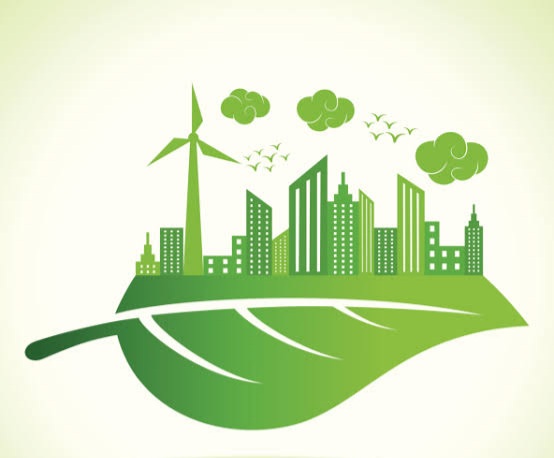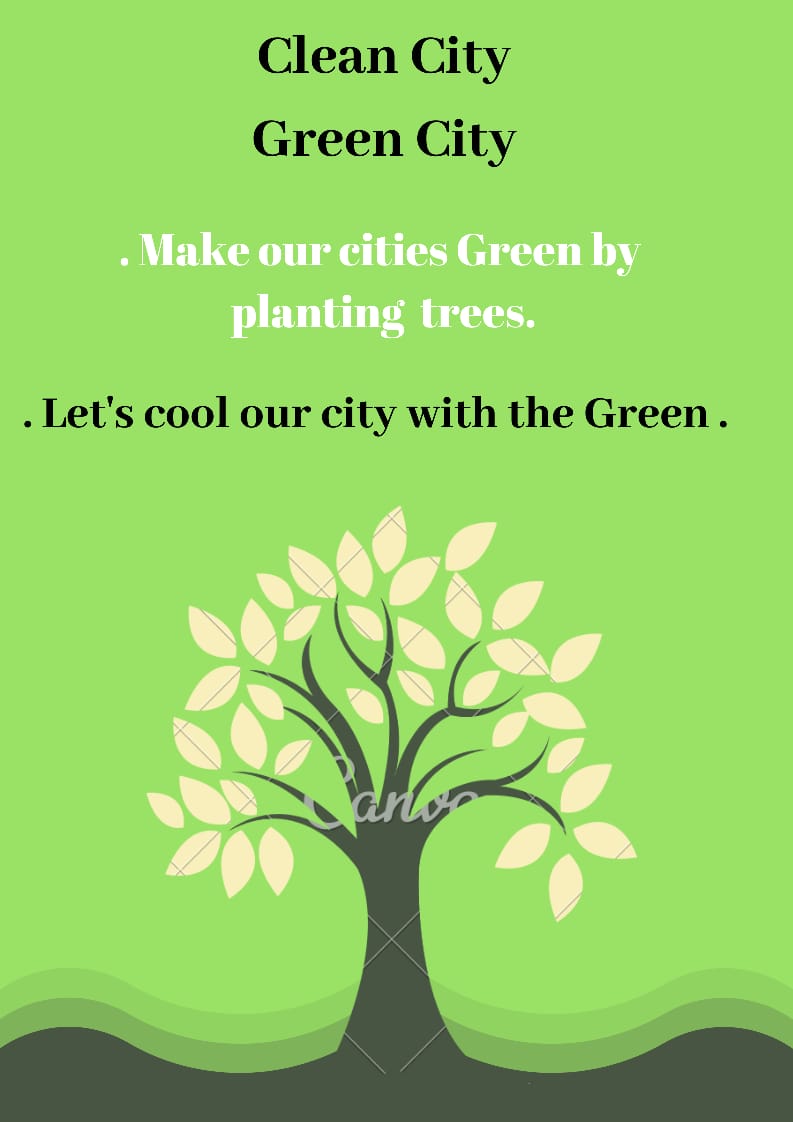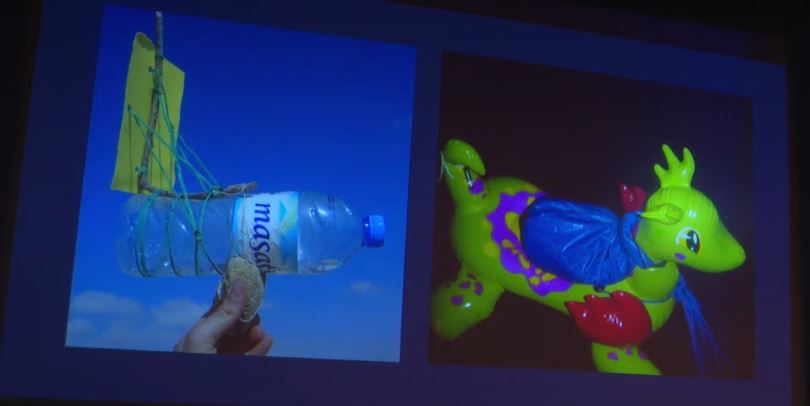 Now days people are cutting trees built factories near
Now days people are cutting trees built factories near
the rivers. The animals inside water like fishes tortoises and other animals dying and also these water
drinked by peoples and animals. So we can prevent this by the below given steps
* Planting more trees as much as possible or a small front yard forest.
* Save water. Use a little water for every use and close tap after use.
* Do not throw plastic in environment plastic is unhealthy for peoples and animals.
* Do not throw wastes in a public environment especially food wastes.
* Do not throw plastics and other wastes in river, pond, oceans and etc
MIYAWAKI METHOD
Prof. Akira Miyawaki(92) a Japanese botanist and expert in plant ecology, specializing in seeds and study of natural forests. He is active worldwide as a specialist in the restoration on natural vegetation on degraded land. He worked as a professor in Yokohoma National University Japan. The miyawaki method means planting trees as close to the other tree so the trees will competition for sunlight. This method is known as miyawaki method
The term 'Green City' refers to a city of greenery - that of trees, plants etc. While the term 'Clean City' refers to a city that is free from pollution and environmental degradation. Both these term are relative in nature. A city that has many trees planted all over will be free from environmental problems as trees help to purify the air and maintain the cycle of nature.
A Green City improves the environment, ensures rich biodiversity, reduce air pollution, ensure water storage and help cooling down in warm periods. Green is also essential for a climate-proof and sustainable environment.


Planting more trees, contribute to global reforestation efforts, restoring lost forests, repairing damaged ecosystem and mitigating climate changes
Steve Simpson, marine biologist, talks about "the sound of coral reefs" (TED talks, 2019)
Two of Steve Simpson's research tools (no joke!)

Why I think it is important because; By reducing water pollution we can prevent the death of marine plants and animals. This is because pollutants may prevent air from getting into the water or the water could be too toxic thus causing death. Water pollution also causes human diseases.When human being's intake contaminated water, they may end up getting various water borne diseases.
SAVE EVERY DROP OF WATER.

New collaboration teams are emerging from Zarauz, Basque Country, Spain.
We are looking forward to a great collaboration!
The Swiss e-mobility company Kyburz from Zurich and the environmental engineer Olivier Groux presented an innovative battery recycling system (see video)
From the press realease: "Thanks to some new findings, it has been possible to More...
Recently the buzz about disposable products has been high and with our current situation where resources are on a all time low, its time that we start discussing the impact of our actions.
Disposable products are usually used once or twice and are thrown away (often they are not recycled). In the case of plastic, we are aware that it is non-biodegradable in nature and yet we continue to use them. Plastic bags choke the wildlife and refuse to break down in oceans or landfills. They aren’t easy to recycle and make environment pretty messed up.
Every year, almost 1 trillion tons of plastic is used all around the world in forms of disposable products. After the issues surrounding this had come to light, many countries had taken action by either limiting its use or completing banning it.
Through this project I would like research on:
- alternate options
- advantages and disadvantages of both limiting it or banning it
- which one will work in the long run